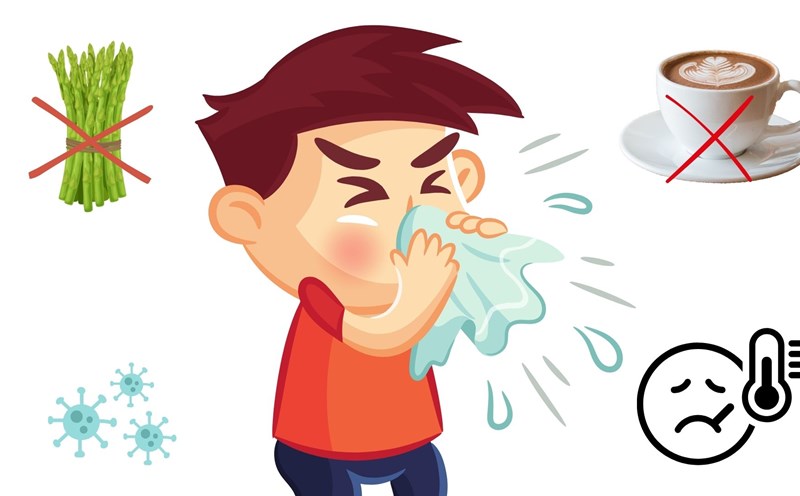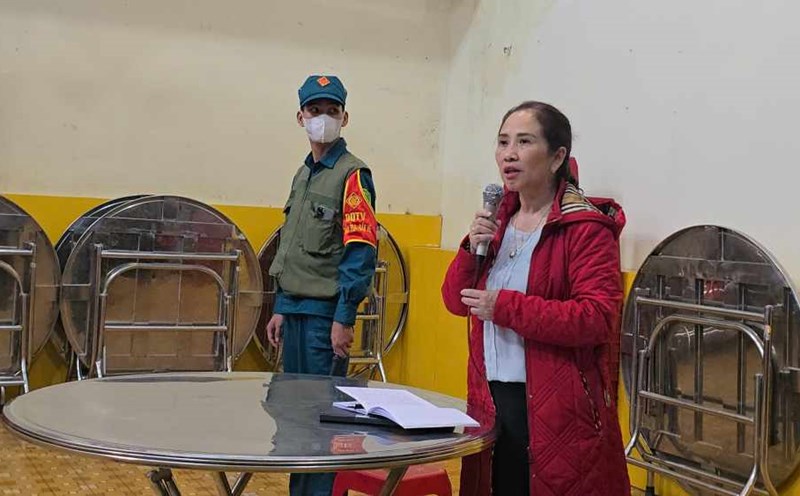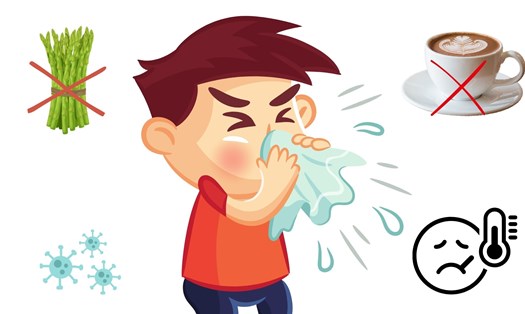influenza virus continues to change
At the time of changing seasons, the flu appears with familiar symptoms such as high fever, body aches, sore throats and fatigue.
Health experts always recommend annual influenza vaccination to prevent the disease. However, many people are wondering when they still have the flu even though they have been fully vaccinated.
Dr. Chatterjee, an internist at Apollo Hospital, Delhi (India), said that unlike many other viruses, flu viruses have the ability to break out very quickly, sometimes right in the epidemic season.
Scientists must study global trends to predict the popularity of virus strains in the next season, thereby producing appropriate vaccines.
However, if the virus changes after the vaccine is vaccined, the protection may decrease, even though the vaccine still brings certain effectiveness.
Each person's body reacts differently
Not everyone has an immune system that reacts strongly after vaccination. Young, healthy people often produce more antibodies, while older people, young children or patients with chronic diseases may respond less.
However, this is the group that needs the vaccine the most, because even partial protection can help reduce the risk of serious illness and hospitalization.
Time is also an important factor
The flu vaccine takes about two weeks for the body to produce enough antibodies. If a person is infected with the virus right before or right after the vaccination, they can still get the flu because the immune system has not yet responded.
In addition, if vaccinated too early, the protective effect can decline at the end of the flu season that lasts for many months.
Not every disease is flu
Many people confuse the flu with cold or other viral diseases such as RSV, rhinovirus or coronavirus. At that time, they easily think that the vaccine is ineffective, while the real cause is not the flu.
Vaccine still helps reduce disease
According to studies, the influenza vaccine helps reduce the severity of the disease if you have the disease. People who have been vaccinated are less likely to have complications or have to be hospitalized or die than people who have not been vaccinated.
The vaccine can be considered a safety net, minimizing harm and protecting vulnerable groups such as the elderly, children and people with chronic diseases.
Therefore, annual influenza vaccination is still the most effective preventive measure, contributing to protecting the health of yourself and the community.











